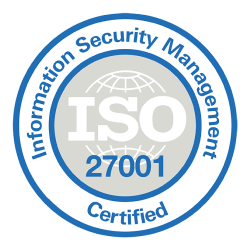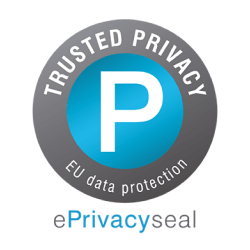What is a Web Message?
Web messages are targeted pop-ups, banners, or overlays displayed to visitors on a website, whether on desktop or mobile, directly within their browser session.
For example, if a visitor begins to leave a checkout page, a web message can offer a real-time discount or invite them to sign up for updates.
Why use Web Messages?
- Collect leads and grow revenue by displaying incentives or newsletter opt-ins at key user actions, such as exit intent, cart activity, or scrolling, to make sign-ups simple and trackable.
- Deliver real-time personalization by triggering tailored offers or product recommendations based on user behavior, including pages viewed or products browsed or purchased, to increase engagement.
- Strengthen multichannel strategy by coordinating web messages with email, SMS, and push notifications, ensuring users receive relevant content across mobile and desktop for seamless campaigns.
Web Message vs. SMS vs. Email vs. Web Push
| Channel / Feature | Web Message | SMS | Web Push | |
| User Location | Website / Browser | Mobile Phone | Inbox | Device / Browser |
| Opt-In Required | No | Yes (consent) | Yes (consent) | Yes (browser opt-in) |
| Personalization | High | Moderate-High | High | High |
| Engagement Timing | Real-time onsite | Scheduled / Triggered | Scheduled / Triggered | Instant / Re-engagement |
| Example | “Save 10% now!” popup | “Your order shipped!” | “Welcome to our shop!” | “Cart left behind!” |
FAQs
Web messages appear while visitors are actively browsing your site and can be triggered by behavior, timing, or specific actions. Web push notifications reach users’ browsers even when the site isn’t open and require explicit opt-in. For a deeper comparison, see our guide to web push notifications.
Absolutely. You can tailor content, promotions, or prompts in real time based on actions like page visits, cart value, or browsing behavior. Personalized messages increase relevance, engagement, and conversions. Learn more about web personalization.
Web messages work alongside email, SMS, and in-app messaging to create cohesive campaigns. They help reinforce calls-to-action, maintain consistent messaging, and unify analytics across channels.
Web messages are most effective when used alongside other channels like SMS and email. By syncing campaigns across multiple touchpoints, you can drive higher engagement, consistent messaging, and better ROI. For a complete approach, refer to our guide on building effective SMS marketing campaigns.












